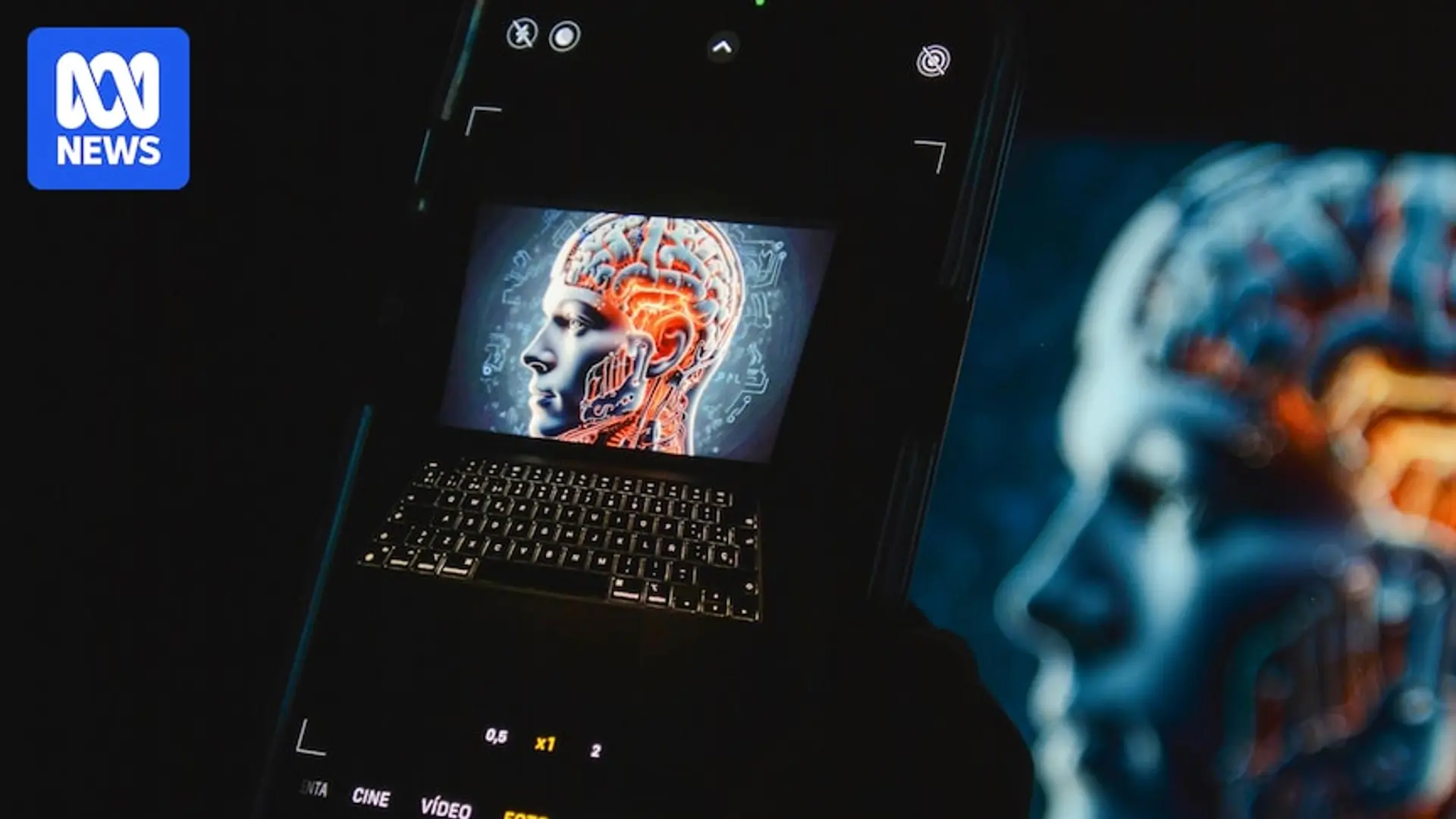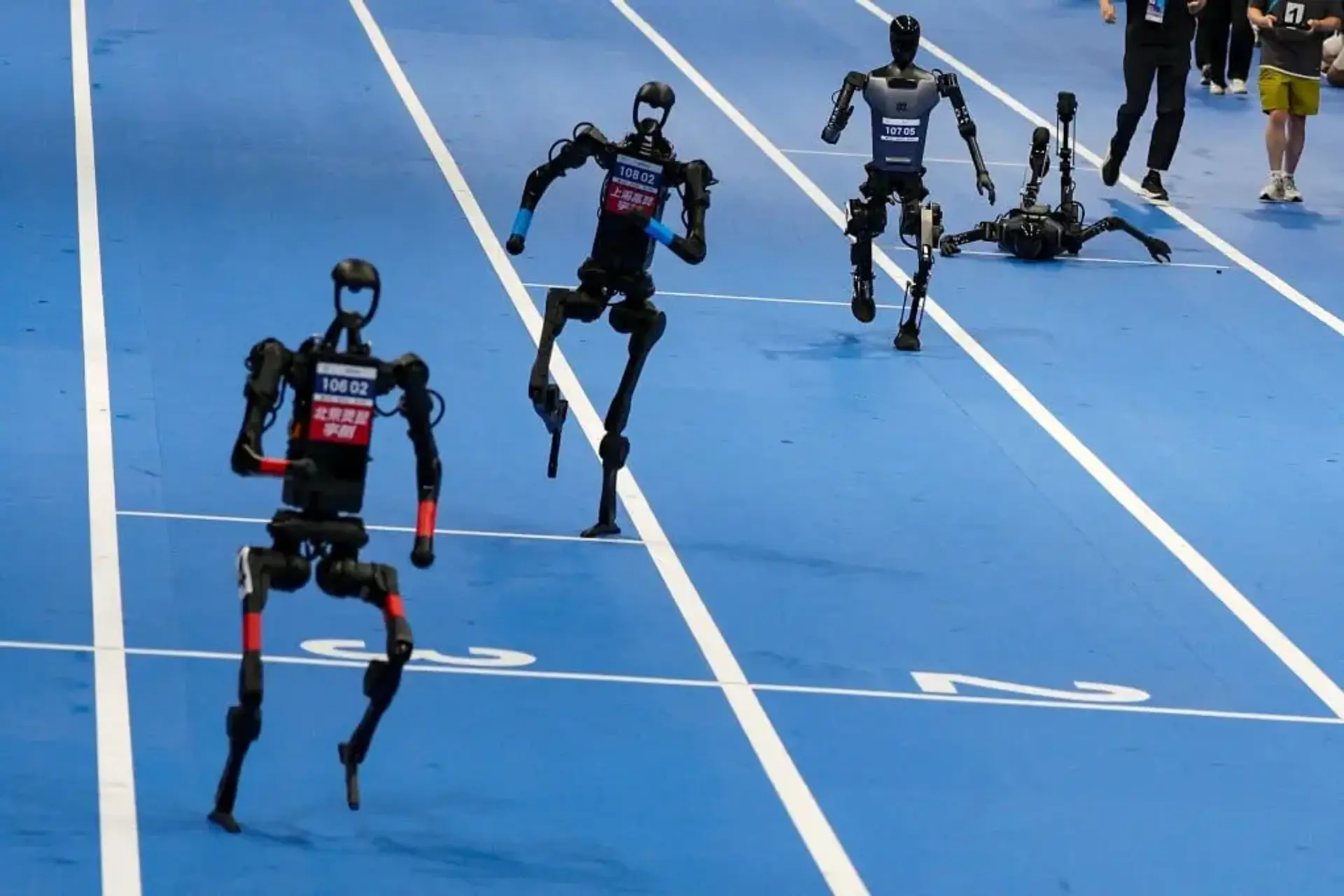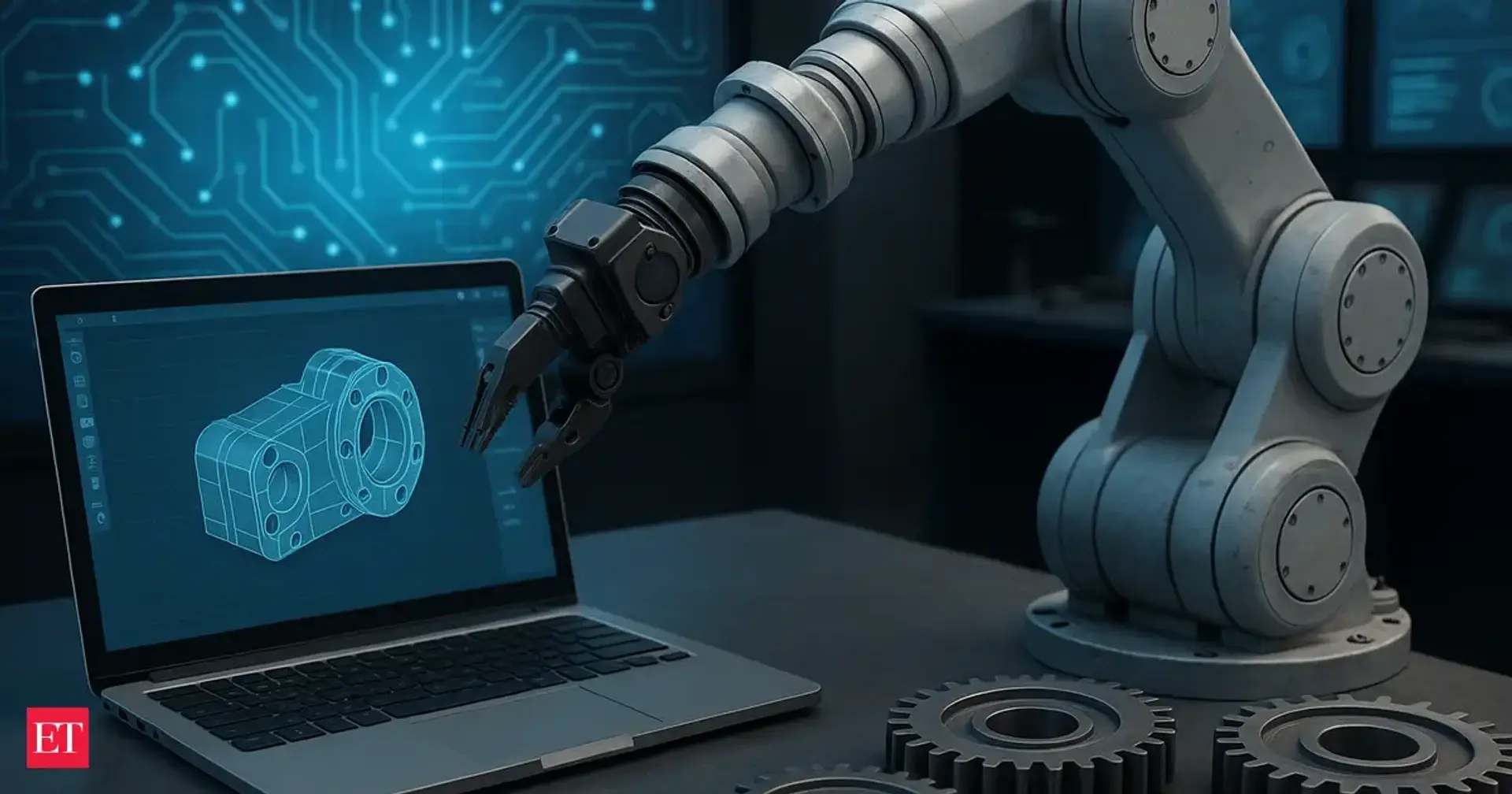Artificial intelligence is poised to significantly alter the employment landscape, impacting various sectors in different ways. Jobs involving repetitive tasks like data entry, customer service, and transportation are most vulnerable to automation. Roles requiring language skills, communication, and analysis also face high disruption.
Conversely, jobs demanding physical dexterity, manual labour, or specialised skills are less susceptible. Professions such as plumbers, electricians, construction workers, and medical roles like surgeons and technicians are expected to remain relatively stable. Continuous learning and adaptability are crucial for workers to navigate the evolving job market, focusing on skills that complement AI rather than compete with it.
Entry-level positions in white-collar industries are particularly at risk, while experienced workers may find their roles augmented by AI. The key is to differentiate between AI overlap, where AI assists humans, and AI replacement, where it takes over entirely. Ultimately, AI's impact will depend on the specific tasks involved and the extent to which they can be automated.




